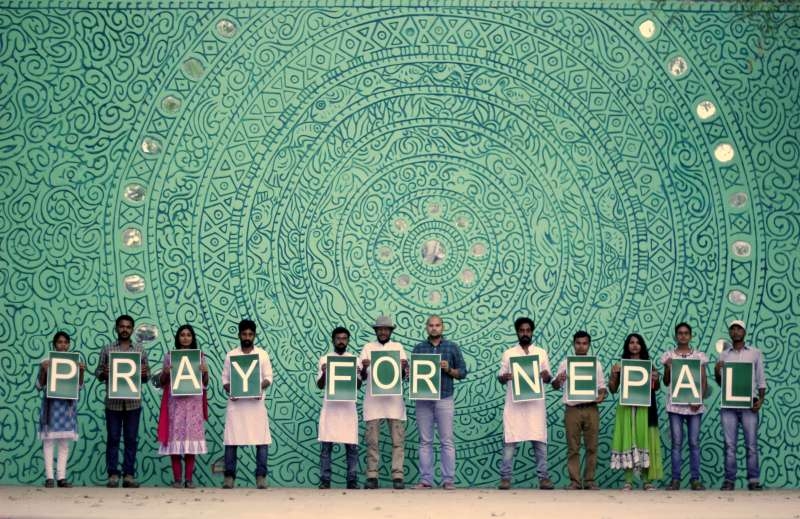In collaboration with King’s College London and the University of Bologna, Italy, four Indian unis will create EQUAL – a ‘virtual university’

Four Indian varsities will launch pilot open online courses by the beginning of next year to spearhead a major ‘virtual university’ concept funded by the European Union, officials said here.
Called Project EQUAL (Enhancing Quality, Access and Governance of Higher Education in India), the system is similar in format to the popular massive open online courses (MOOCs).
It will offer a blended learning platform (online plus face-to-face) for undergraduate students in India, complete with credits and certification, and will also allow the students to take up courses from other varsities and colleges as a part of their regular undergraduate course.
The four participating varsities are: Jadavpur University, Kolkata, Ambedkar University, Delhi, University of Hyderabad and Shiv Nadar University in Dadri, Uttar Pradesh.
“For India, the solution can’t be purely classroom nor purely online. It has to be a mix of both. Through EQUAL, students will have the desired mobility. We are planning to launch pilot courses by the end of this year or beginning of next year,” said Supriya Chaudhuri, faculty co-ordinator and project member from Jadavpur University, on Friday.
“In addition, since it will be adopted by Indian varsities and colleges as part of their curriculum, it will not have the drawbacks of MOOCs — low completion rates and inadequate certification,” she said, adding the courses, designed on the Moodle software, will be free.
Funded by the European Union under its programme ‘Support to Indo-European Interactions on Higher Education’, the initiative is supported by the Ministry of Human Resource Development. Administrative coordination is being provided by the British Council India’s division on Internationalising Higher Education.
The four Indian universities are working in collaboration with King’s College London and the University of Bologna, Italy.
The project focuses on four interdisciplinary areas-natural resources, environment and sustainable technology, human ecology, cultural studies and critical thinking.
“We urge universities and colleges to adopt this system so that students can have access to the best lectures and courses across India,” said Sugata Hazra, another project co-ordinator from JU.
The university is hosting the project website and creating the e-learning platform to run online courses through virtual classrooms, among its other responsibilities for the project.
“The aim is to create partnerships between Europe and India, and between Indian universities, adapting the ‘Bologna Process’ to the Indian context.”
The famed ‘Bologna Process’ in European higher education system refers to university cooperation based on quality, openness and internalising higher education.
In the Indian context, co-ordinators said, the concept would be customised to make education available to students in rural areas as well. Those who are not a part of the university system and wish to do a course can also register.